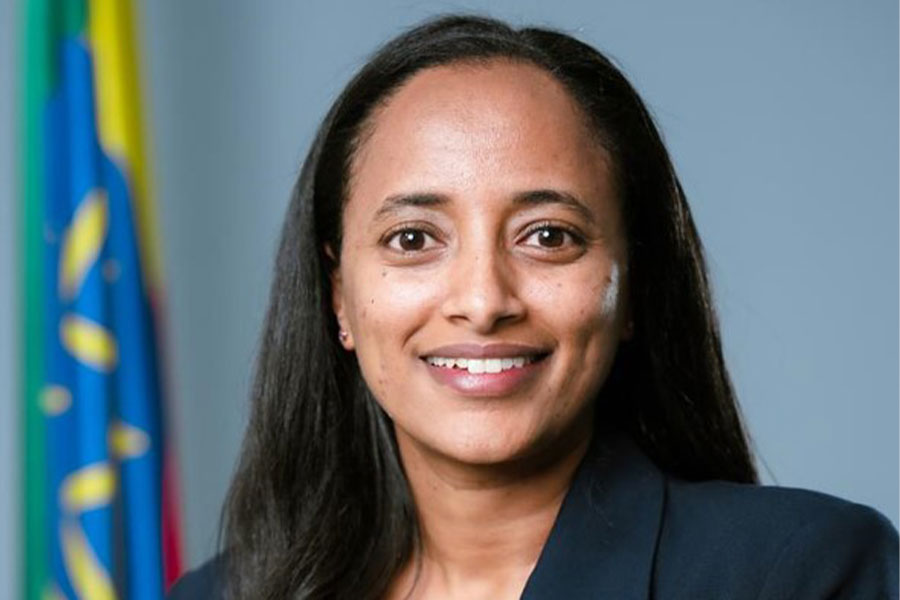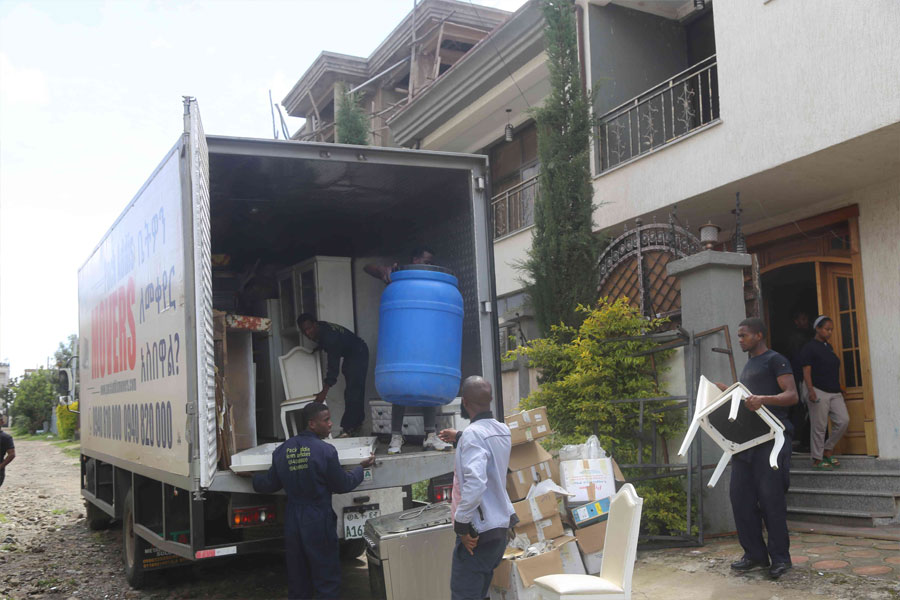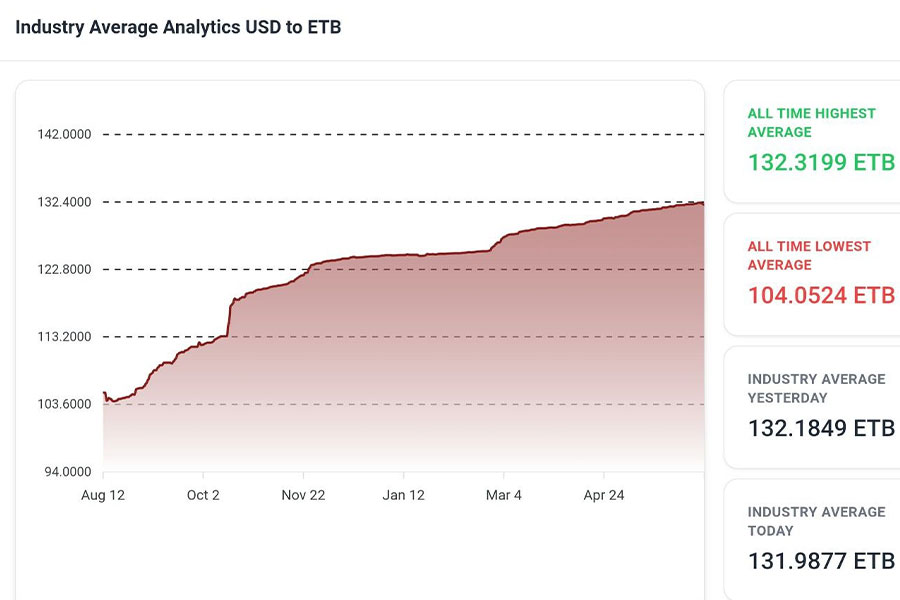
Films Review | Nov 21,2018
Consulting firms are required to obtain competency certificates for conducting environmental assessments of social and economic impacts. Foreign consulting firms are mandated to form alliances with local counterparts to obtain licensing certification from the Environmental Protection Authority. Signed by Lelise Neme, director general of the Authority last month, the directive imposes strict standards and requirements on consulting companies for certification and registration.
The directive categorises competency levels into three tiers, from junior to senior, based on experience and degree level, with renewals required every three years. Qualifications for staff assessments depend on their levels of qualification, with requirements including five years of work experience, and no legal restrictions.
According to Sheferaw Negash, lead executive of environmental assessment at the Authority, enhancing the certification and accreditation processes was necessary to create accountability. He acknowledged that the absence of robust legal frameworks has previously allowed consulting firms with limited resources and expertise to perform assessments. The new directive introduces rigorous requirements to elevate competency levels, with up to three years for application processing.
Foreign consultancy firms are now mandated to form joint ventures with local counterparts to obtain licensing certification from the Authority. Sheferaw said this requirement ensures economic and social engagement that the companies alone cannot achieve.
"They may be lost in translation," he said.
Consulting firms must receive a competency license before partnering with companies. After completing impact assessments and mitigation plans, companies are required to submit their studies for the Authority's approval. Sheferaw underscored the importance of mitigating social impacts in sectors such as agriculture, manufacturing, and mining, which are most in need of environmental assessments.
The latest World Bank report on Country Climate & Development shows both private and public investment are needed to develop climate-resilient infrastructure. Officials from the Ministry of Agriculture have also acknowledged that the lack of a well-adjusted competency system has exposed companies to greater risks.
Fanosie Mekonnen, head of natural resource protection and utilisation at the Authority, cited major environmental pollution in sectors such as agriculture, particularly in Sidama and eastern Oromia regional states, where massive investment projects are located. He noted that the use of fertilisers and chemicals in agricultural lands and irrigation projects poses risks.
"Proper environmental assessments have been lacking, leading to factory closures due to lawsuits over environmental impacts," he said.
For environmental economist Abebe Damtew (PhD), the Authority need expertise from various fields to assess impacts comprehensively. He said the absence of awareness and willingness to hire consulting firms are major issues.
Abebe observed that companies often avoid authorities to sidestep mitigation costs or to maintain an eco-friendly appearance. He encouraged the certification efforts, emphasising the need for regulatory and monitoring capacities to oversee consulting firms and reduce environmental pollution risks.
"Expertise shouldn't be downplayed," he told Fortune.
Manufacturers have expressed scepticism about the assessment capabilities of consulting firms. Colba Tannery, which processes 10,000 skins and 600 hides daily, has struggled to find specialised consulting firms. Kebede Amede, a leather technologist with four decades of experience, attributed this to a lack of specialisation in the leather industry.
"We often have to re-assess after receiving evaluations to avoid mistakes," he said.
According to Kebede, considering the health impacts of chemical use is vital, as European regulations are tightening, limiting the amount of chromium plastics allowed.
The leather industry has faced a decline in exports and quality, with a mere 32 million dollars garnered in 2023. According to a UN report, environmental assessments have helped over 100 organisations consider the environmental consequences of proposed actions.
Metaferia Consulting Engineers Plc, with over three decades of experience primarily in government-owned projects, currently manages 20 state projects. While supporting a clear competency certification framework, general manager AmahaEyesus Metaferia pointed out challenges due to a lack of experts in various fields.
"More feasible experts are required in the industry," he said.
PUBLISHED ON
Jul 07,2024 [ VOL
25 , NO
1262]

Films Review | Nov 21,2018

Fortune News | Aug 11,2024

Exclusive Interviews | Sep 07,2025

Fortune News | Oct 05,2025

Agenda | May 27,2023

Commentaries | Sep 08,2024

Radar | May 27,2023

Sunday with Eden | Jul 27,2024

Money Market Watch | Jun 15,2025

Life Matters | Jun 14,2025

Dec 22 , 2024 . By TIZITA SHEWAFERAW
Charged with transforming colossal state-owned enterprises into modern and competitiv...

Aug 18 , 2024 . By AKSAH ITALO
Although predictable Yonas Zerihun's job in the ride-hailing service is not immune to...

Jul 28 , 2024 . By TIZITA SHEWAFERAW
Unhabitual, perhaps too many, Samuel Gebreyohannes, 38, used to occasionally enjoy a couple of beers at breakfast. However, he recently swit...

Jul 13 , 2024 . By AKSAH ITALO
Investors who rely on tractors, trucks, and field vehicles for commuting, transporting commodities, and f...

Oct 11 , 2025
Ladislas Farago, a roving Associated Press (AP) correspondent, arrived in Ethiopia in...

Oct 4 , 2025
Eyob Tekalegn (PhD) had been in the Governor's chair for only weeks when, on Septembe...

Sep 27 , 2025
Four years into an experiment with “shock therapy” in education, the national moo...

Sep 20 , 2025
Getachew Reda's return to the national stage was always going to stir attention. Once...